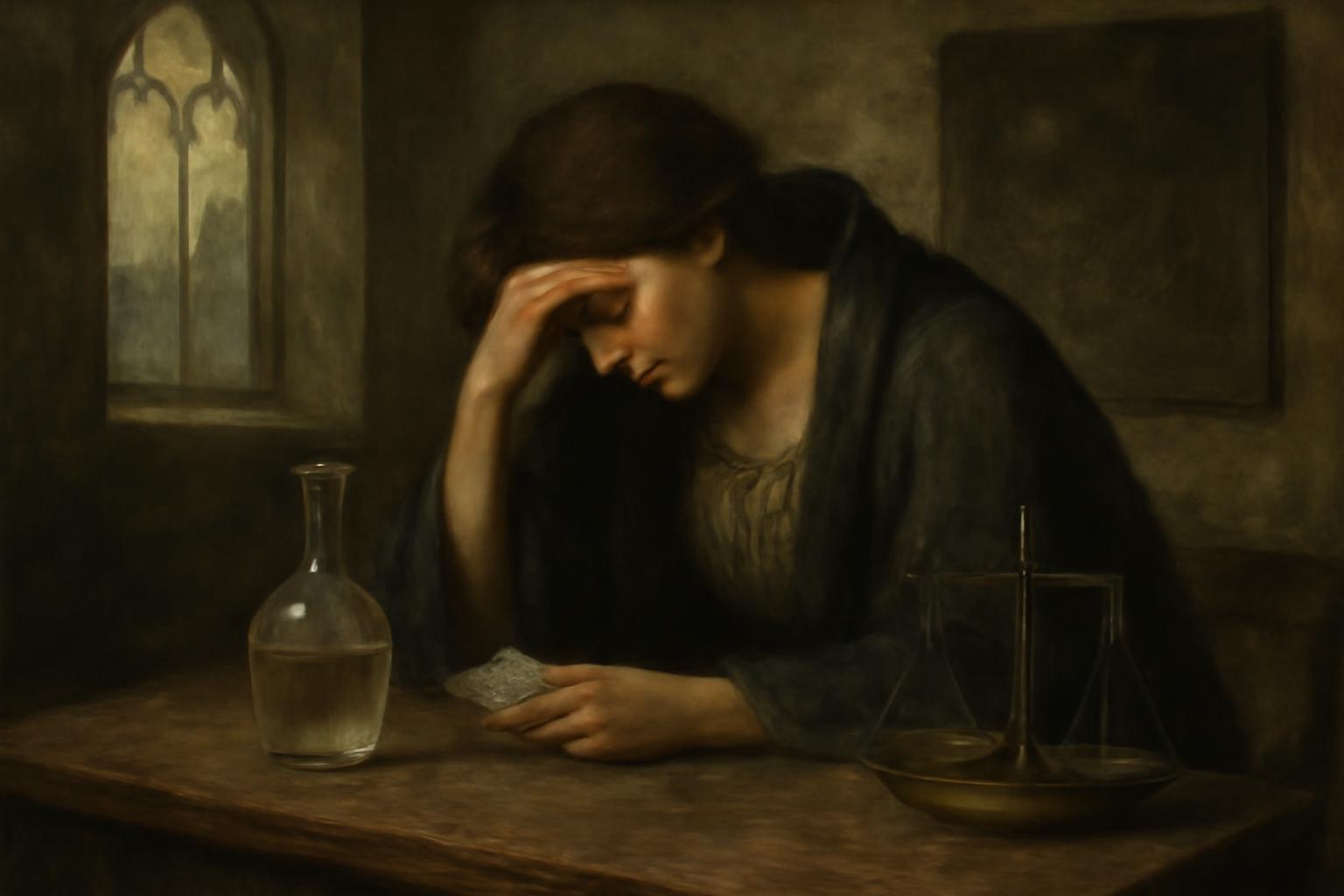In the dim glow of late modernity, a lifeline is offered to the living not through virtue but through technics, as if a laboratory could redeem the hour when fate has already cast its die. A figure within the public house of policy pleads for state-funded drug checking—a ritual of chemical analysis before consumption, an attempt to sense the true peril behind the shimmering market of powders and pills.
One imagines the scene in Berlin, the pilot projects where seekers may submit their wares to be weighed not by moral judgment but by instruments that reveal adulterants and toxins. Free of charge at counseling centers, the analysis promises to tell the user what substances lie within, and to tell the authorities, too, what is circulating and where danger may take root. The arithmetic is stark: the process costs, they say, about sixty euros per substance, a price for knowledge that the rulers deem necessary to save lives, to illuminate a fog of counterfeit and contamination that grows more intricate by the day.
To the heart that loves clarity and order, this sounds almost rational, almost merciful: a concession to the long, patient logic of harm reduction, a way to bend the cruel arithmetic of overdoses toward a future where warning signs can travel faster than the poison. Yet such a policy, for all its prudence, tugs at the sails of a ship built by a century that worships efficiency and control. It is not a mere policy battle, but a fracture line through which the old guard and the new gods contend—Streeck offering a pragmatic mercy, his own party, the CDU/Union, resisting the very harness that could restrain the hydra and still leave room for sympathy.
And what is at stake, beyond the budget and the ballot? The ledger of lives writes its own tragedy: more than two thousand three-score deaths in the past year from drug use, a toll that echoes across courts and clinics, and a year in the EU that was especially deadly. Germany bears this weight with a severity that the rest of Europe feels as a winter chill: a reminder that even a nation of engineers and poets can be humbled by a market whose complexity outruns the map, whose unpredictability outpaces the creed of precaution.
If Nietzsche were to survey this scene, he would spare contempt for the complacent confidence that knowledge alone can banish suffering, and would remind us that every act of governance is a wager against the abyss, a wager whose odds are forever uncertain. The Greek chorus would murmur of catastrophe threaded through ordinary policy—of a city trying to steward risk while the age, with its polished glass and electric flame, forgets that life is not merely a problem to be solved, but a tragedy to be endured. The drug market grows like a hydra: more dangerous, more elusive, and strangely more intelligible to those who can map its patterns, yet ever resistant to total dominion.
So we watch, with a heavy heart, as the state counts costs and histories, as the public conscience weighs mercy against necessity, and as a culture that once believed itself rational discovers that reason has its own sorrowful limits. If this is the measure of civilization’s health, then the diagnosis is severe: not because the will to save lives is a betrayal of prudence, but because the longing to tame fate with numbers alone is a dream that collapses when the night grows long.
We stand at the edge where policy dissolves into philosophy, where the insistence on safeguarding bodies can no longer pretend to console the deeper, unanswerable ache of a culture that has misplaced its sense of meaning. In that twilight, I hear the old lament: the breath of Western civilization, like a statue weathering rain, remains—but the marble begins to ache under the name of care, under the burden of knowing too much and feeling too little.
